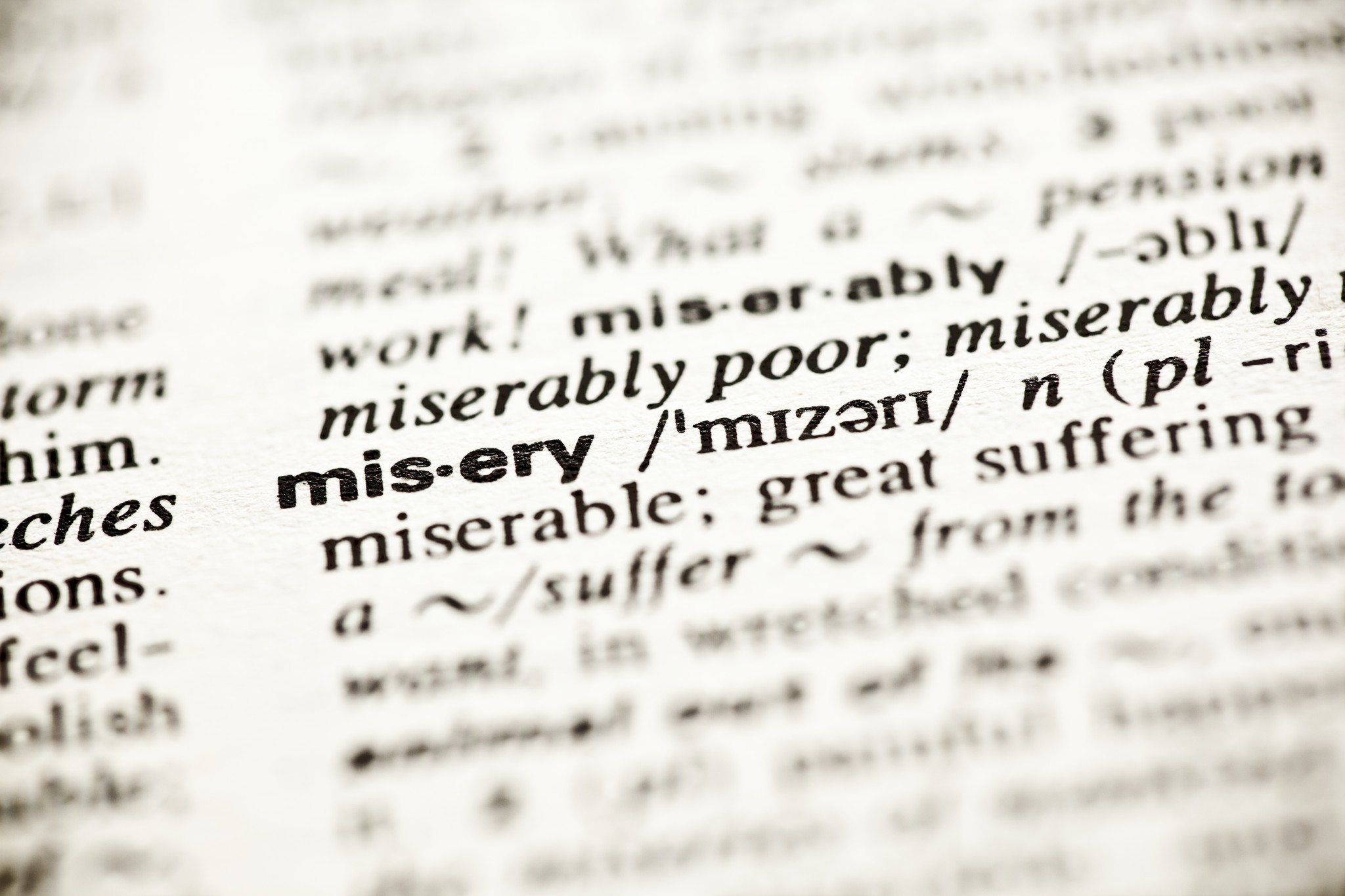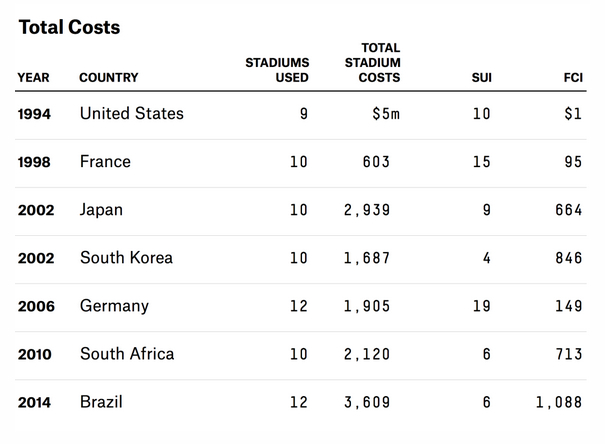
An Economist’s Definition of Misery
October 26, 2014
Why Government Cannot Trash Waste Management
October 28, 2014While Norway ostensibly withdrew its bid for the 2022 Winter Olympics because of insufficient popular support, a list of (funny if they weren’t true) IOC requests might have contributed to their decision:
- All “IOC members will be received with a smile on arrival at the hotel.”
- The temperature of meeting rooms should be 20 degrees celsius (68 degrees Fahrenheit).
- IOC members will meet with the king before the opening ceremony and then after at a cocktail reception for which Norway will pay.
- Separate lanes will be reserved for IOC members and traffic lights will be synchronized to prioritize IOC travel.
- IOC members will have separate airport entrances and exits.
- The hotel bar must extend hours and minibars should exclusively provide Coke.
So now, with Krakow, Stockholm, Munich, Davos/St. Moritz and Lviv (Ukraine) out also, only Beijing and Almaty, Kazakhstan remain.
Where are we going? To the return on investment for mega sports events.
World Cup ROIs
Now that everyone is gone, Brazil is left with 12 state-of-the-art World Cup soccer stadiums that cost them $3.6 billion. For their investment to make sense, those venues need to be used.
In the table below, sports economist Victor Matheson presents World Cup stadium ROIs since 1994 by comparing stadium use to stadium cost. His figures indicate that like most World Cup and Olympics hosts, Brazil’s stadiums will not get enough use. By contrast, the U.S. built no new stadiums when it hosted the World Cup in 1994.
SUI refers to his stadium use index. Based on attendance divided by capacity, the SUI is good when it is higher. For his FCI (fan cost index), it is better to have a lower construction cost per fan.

From: Nate Sliver’s FiveThiryEight. Note that data for Brazil are projections used past attendance statistics.
Looking ahead to 2018, Russia expects to spend $7 billion on World Cup stadiums while for Qatar in 2022… who knows.
Our Bottom Line: The Bottom Line
Return on investment is all about cost and benefit. In a February 2014 non-binding referendum on the 2022 Olympics, a majority of the voters seemed to have a pretty sound grasp of the importance of a respectable ROI.
![econlifelogotrademarkedwebsitelogo[1]](/wp-content/uploads/2024/05/econlifelogotrademarkedwebsitelogo1.png#100878)




